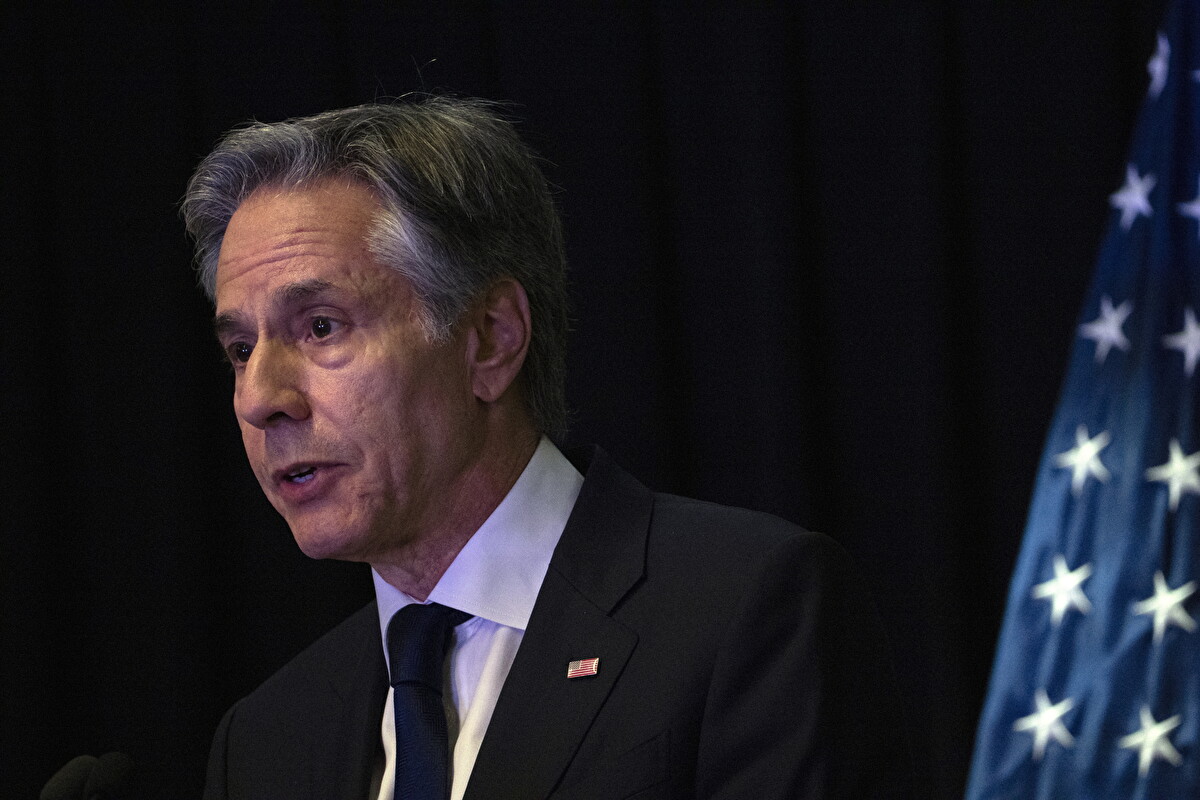In a significant development in the political landscape, former President Donald Trump and Florida Governor Ron DeSantis have decided to put aside their differences and collaborate for the upcoming campaign. This move comes after a series of private meetings held on Sunday in Florida, where the two figures discussed strategies and the potential benefits of a united front.
The decision is seen as a pivotal moment, considering the previous rivalry that marked the Republican primaries. With DeSantis’s strong fundraising abilities and Trump’s wide-reaching influence, their alliance could present a formidable force in the political arena. This collaboration also hints at a strategic positioning for the Republican Party, aiming to consolidate support and resources as they prepare for the challenges ahead in the general election.
The partnership is expected to leverage DeSantis’s network and fundraising prowess, which were evident during his gubernatorial campaigns, to bolster Trump’s bid for the presidency. The reconciliation between Trump and DeSantis underscores the dynamic nature of political alliances and the ever-evolving strategies that drive campaign efforts in the pursuit of electoral success. Bitter rivals can come together when it serves their mutual benefit.

The endorsement by De Santis is not new, he had already done so in January after exiting the GOP primaries, although in a lukewarm manner. Just a few days later, DeSantis publicly criticized the former president and rival, on a number of issues, including Trump’s handling of COVID—a subject dear to DeSantis’ heart.
Moreover, he had predicted that the media that had created and propped up the “juggernaut” that was Trump would flip on him. DeSantis also stated that he had spoken to many Iowa conservatives who couldn’t bring themselves to vote again for Trump.
As things stand now for Trump none of the Florida governor’s dire predictions seem to be coming true. Although severely lagging in the fund-raising race with President Biden, and in the midst of a criminal trial in New York, as well as ongoing legal battles in other states, Trump’s popularity with his base seems to be totally unaffected.
The coalescing of GOP support for the ever-contentious Trump as the election draws near does not end with Ron DeSantis. In the past week, former Attorney General Bill Barr has expressed his intention to vote for Donald Trump in the upcoming election despite his previous criticisms of the former president.
Barr’s stance highlights a complex political landscape where personal reservations about a candidate’s conduct do not necessarily override broader ideological alignments or concerns about alternative candidates. Barr has hinted that while deploring Trump as a person, his decision to support him is driven by a belief that the policies and direction proposed by Trump would be the lesser of two evils.
“I think that Biden is unfit for office,” Barr said on “The Source” in a wide-ranging interview. “I think Trump would do less damage than Biden, and I think all this stuff about a threat to democracy – I think the real threat to democracy is the progressive movement and the Biden administration.”
Former GOP Speaker of the House Mitch McConnell is another such ambivalent figure. Despite expressing bitter criticism against Trump at various times—especially after the January 6 Capitol riots—McConnell always reverts to a staunch support of the former president.
This scenario reflects the intricate—some would say cynical–dynamics of political loyalty in a highly polarized environment. DeSantis, Barr and McConnell’s choices also underscore the notion that political figures can separate personal disapproval from strategic electoral decisions, prioritizing policy outcomes over character assessments in their voting behavior; in short, placing Party above all other considerations, including any moral imperatives or personal integrity.












